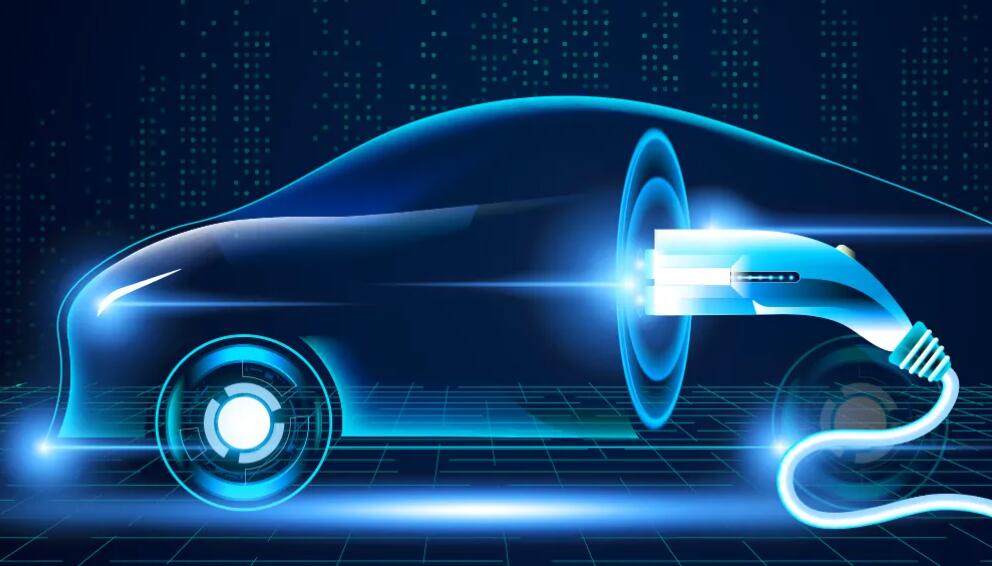The MIIT official said that China will coordinate the study of policy measures for NEVs and maintain the continuity and stability of support policies for all segments.
Policy support has been one of the key factors in the rapid development of China's new energy vehicle (NEV) industry, and they will continue to exist in the foreseeable future.
Wu Feng, an official from China's Ministry of Industry and Information Technology (MIIT), said at the 2021 China Auto Supply Chain Conference on October 15 that the MIIT will coordinate the study of policy measures for NEVs and maintain the continuity and stability of support policies for each segment.
The MIIT will also enhance the security of key resources and maintain the security and stability of the supply chain, thepaper.cn reported Friday.
He said the MIIT has organized actions to strengthen the automotive industry chain and strengthen joint research on key technologies around the key industry chain of NEVs and smart network connected vehicles.
These actions aim to further enhance the core competitiveness of the local supply chain and also strengthen the risk identification capability of the industry chain supply chain, he said.
The MIIT is also focusing on addressing chip shortages, strengthening cooperation between supply and demand sides, and pushing relevant companies to speed up the resumption of work and production to secure the supply of specific chips.
In the next step, the MIIT will bring into play the synergistic ability of all parties and further play a coordinated synergy to lay a solid foundation for the high-quality development of the automotive industry, he said.
In response to the increasingly severe chip shortage, the MIIT announced two measures early last month to facilitate car companies.
The first measure is aimed at the chip-related changes in vehicle announcement specifications.
Car companies are allowed to make changes to product specifications in a self-verification and self-commitment manner under the premise of ensuring that the products have been tested and verified for safety performance, and then submit test reports from third-party institutions.
The second measure is to shorten the review time for vehicle manufacturers to change suppliers and components.
For vehicle companies to replace the vehicle electronic control components, change component suppliers and other urgent needs, the MIIT will speed up the acceptance, compress the technical review time, depending on the situation to increase the frequency of product announcements.
The above measures are effective until June 30, 2022.
Become A CnEVPost Member
Become a member of CnEVPost for an ad-free reading experience and support us in producing more quality content.
Already a member? Sign in here.

